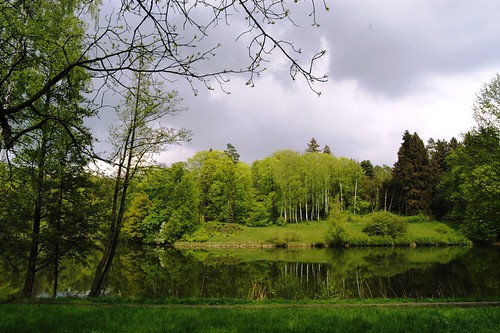Russia-Ukraine war live: what we know on day 734
Ukraine #Ukraine

Emmanuel Macron has not ruled out sending ground troops to Ukraine. He said: “There is no consensus to officially back any ground troops. That said, nothing should be excluded. We will do everything that we can to make sure that Russia does not prevail.”
France’s president led a meeting of 20 mainly European leaders in Paris on Monday to ramp up the European response to Russian military advances inside Ukraine. It is the first time there has been such open discussion of Ukraine’s allies providing troops. Macron said past shibboleths against sending long-range missiles and planes to Ukraine had been cast aside. “People used to say give them just sleeping bags and helmets … We must do whatever we can to obtain our objective.”
Macron was clear a consensus existed that Russia would seek to attack other countries in a few years. He said Russia “must not and cannot win this war” and that Europe’s own security was at stake. “We are in the process of ensuring our collective security, for today and tomorrow.”
The German chancellor, Olaf Scholz, has reiterated his reluctance to send Taurus cruise missiles to Ukraine, pointing to a risk of Germany becoming directly involved in the war if Taurus is used to hit targets deep within Russia. “This is a very long-range weapon, and what the British and French are doing in terms of targeting and supporting targeting cannot be done in Germany,” Scholz said. France and Britain have supplied Kyiv with Scalp/Storm Shadow missiles that go about 250km (155 miles). Taurus can reach targets up to 500km away.
Ukraine has received less than a third of the one million artillery shells the European Union promised to deliver by now, Ukraine’s president, Volodymyr Zelenskiy, has said. The Netherlands will contribute €100m to a Czech initiative to buy ammunition for Ukraine from countries around the world, the Dutch PM, Mark Rutte, said on Monday.
Mike Johnson, the US House speaker, will be to blame if US aid for Ukraine is blocked and Russia advances on the battlefield, Poland’s foreign minister has said. Radoslaw Sikorski urged Johnson to allow a vote on US$95bn funding bill containing US$60bn in security aid for Ukraine that has already passed the Senate in a 70-30 bipartisan vote.
In remarks to the Atlantic Council thinktank, Sikorski said Johnson “has in the past spoken warmly about Ukraine … Therefore I’d like him to know that the whole world is watching what he would do and if the supplemental were not to pass and Ukraine was to suffer reversals on the battlefield it will be his responsibility.”
Russia claims its troops have captured the Ukrainian village of Lastochkyne, about five kilometres north-west of Avdiivka. On Monday, Ukraine’s military said it had retreated from the village, in eastern Ukraine, to help it better contain Russian troops’ attempts to advance westwards.
The US threat to hit foreign financial institutions with sanctions has significantly curtailed financial flows between Russia and countries such as Turkey, the UAE and Kazakhstan, according to the US deputy treasury secretary, Wally Adeyemo. “They’re taking a more cautious approach with regard to doing any business with Russia, which is exactly what we wanted.”
Hungary’s parliament has approved Sweden joining Nato after months of delay. The formerly neutral country joining is a direct result of Russia’s full-scale invasion of Ukraine. Sweden’s prime minister, Ulf Kristersson, hailed the news, calling it a historic day and said Sweden was ready to take up its responsibility in the alliance.